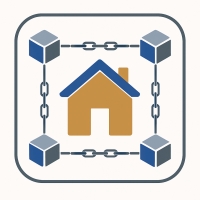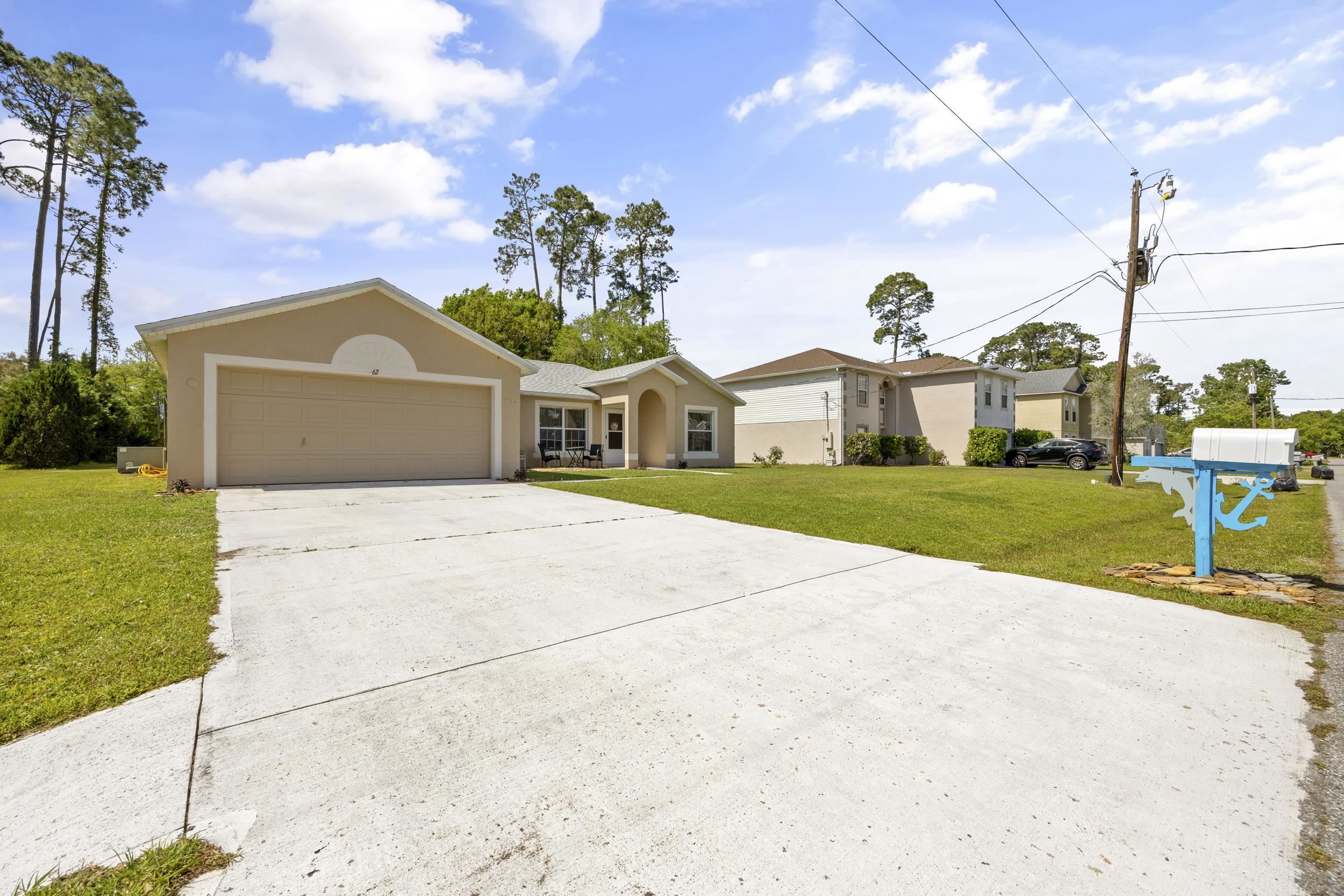Sometimes called a reverse annuity mortgage, a reverse mortgage is one in which the homeowner receives a lump sum or periodic payments from the bank based on the houses equity. This mortgage may or may not have a line of credit attached to it as well. When the property on the mortgage sells, or the home owner dies, the lender should receive the full loan amount including interest. If there is extra equity in the property, that goes to the borrower (or to the estate).
Unlike a 2ndmortgage, the borrowers debts vs. income, nor the amount of monthly mortgage payments really dont figure into this loan. Thats because the reverse mortgage pays the lender and the most that can be borrowed equals the value of the home (with adjustments for the owners age and the current interest rates). This loan is not due for as long as the borrower stays in that property. Note however, that the borrowing ape is still responsible to pay taxes and normal monthly bills. And if you get a HUD reverse mortgage (or an FHA insured one) the bank cannot foreclose on the house.
Qualifying or a HUD reverse Mortgage:
In order to qualify for an insured reverse mortgage you must be at least 62 years old. Thus manypeople hitting retirement consider this option. You must have either a very low current mortgage balance or already own the home completely. You also must be a resident in the home. Additionally, for the borrowers protection, its mandated that all of the alternatives available get reviewed with you before closing the reverse mortgage. At this time the specifics of the loans costs are also disclosed.
In terms of the house itself, single family houses and 2-4 unit buildings qualify including condos and townhouses. However a condominium must have FHA approval
Receiving the Money
You have five options in terms of how you will receive the money from a reverse mortgage. Theres a term mortgage where you get a set amount over a pre-designated period of time. Theres tenure, where you get regular monthly payments as long as youre living in the house. Theres also a line of credit, modified term (line of credit with monthly payments) and modified tenure (monthly payments with line of credit).
Note that the money received from a reverse mortgage is not subject to taxes and wont impact SSI or Medicare. Bear in mind, however, that over time the reverse mortgage impacts the equity value of your home.
There are originating fees involved, and sometimes other service fees that will be incurred during processing. If for some reason you change your mind about taking a reverse mortgage youll have three days after signing your paperwork to cancel without penalty. This cancellation must come in writing.









